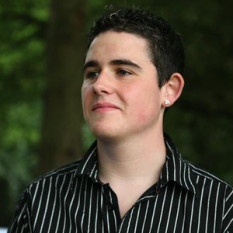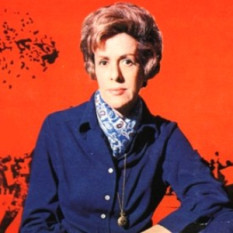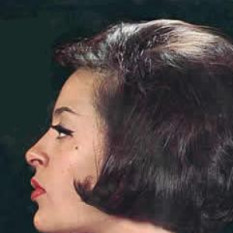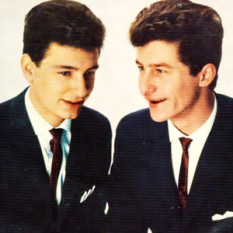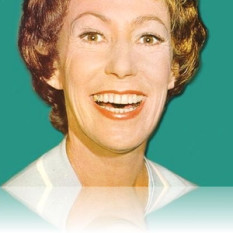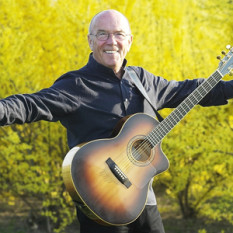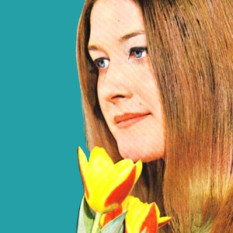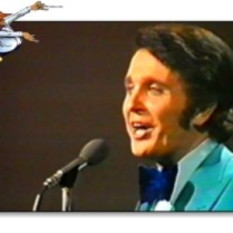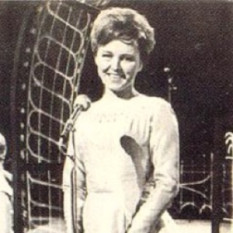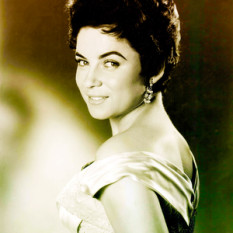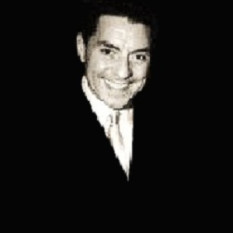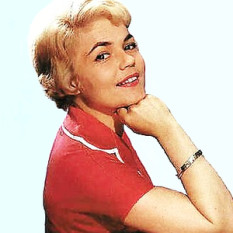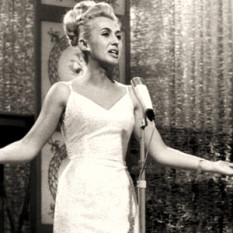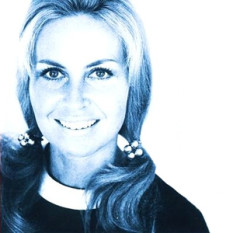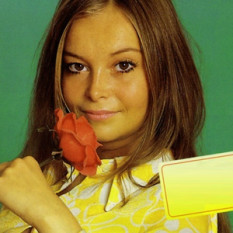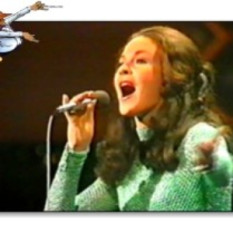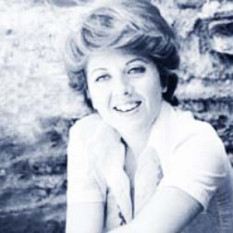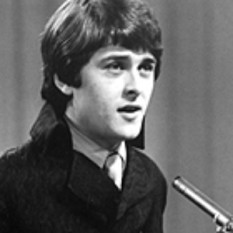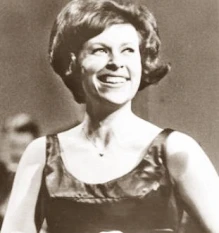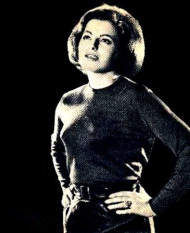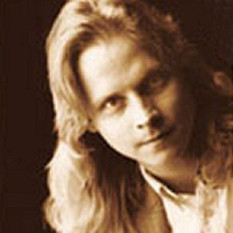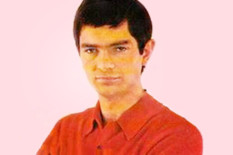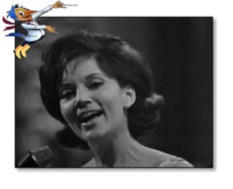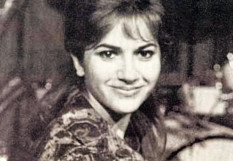The Eurovision Song Contest(ESC by short) is an annual contest held in Europe to select the best song out of the competing nations - of which there were 43 in the 2008 edition, the most on record.
The Contest has run every year since 1956, growing steadily in numbers over the past decade as the former Soviet Bloc (which had competed in its own “Intervision” contest, as well as other events) have joined the list of entrants. Recent winners have, in fact, hailed predominantly from behind the former Iron Curtain.
Each competing country must first be a member of the European Broadcasting Union, which requires meeting a number of requirements, in order to send one song per year to the event, which is always held in the winning country from the previous year. This requirement has occasionally been waived, as occurred when Monaco (then the smallest entrant) won in the 1970s and had no suitable venue, or when Israel won for the second consecutive year and could not afford the expense. In these situations, the United Kingdom has stepped in to host, although it is feasible for any other large nation to do so.
Competing countries perform their songs, which are then voted upon by the viewing public. Each country then awards points to the songs its population voted for the most - with 12 (always translated into French as “douze points”, one of the signature phrases of the Contest) being the highest. The winning entry is the one which receives the most points. .


